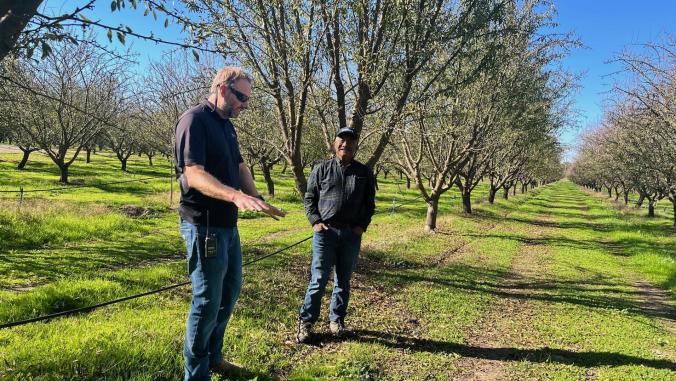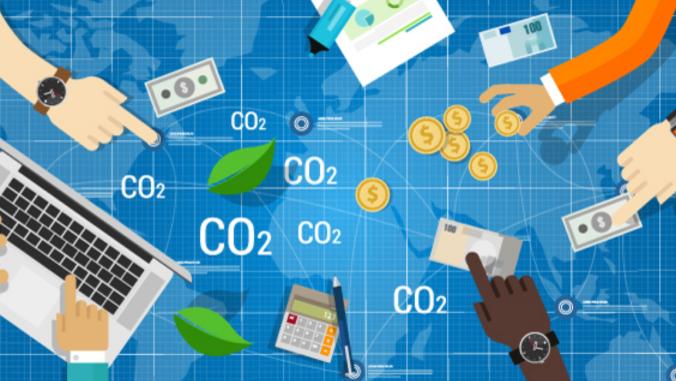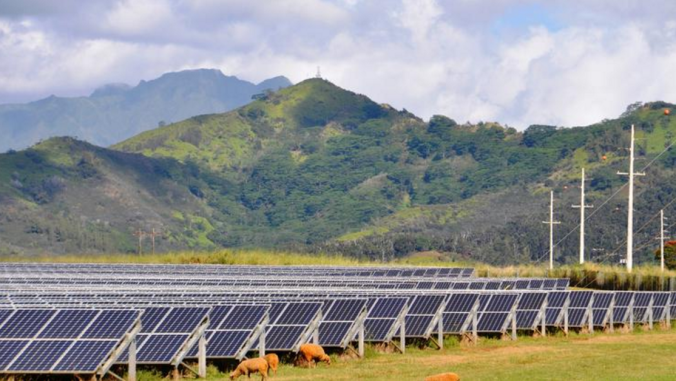Newlight and Vinmar bet on carbon-negative plastic
Newlight's AirCarbon has won business from Dell and Sprint. Now Vinmar is making a 20 billion pound bet on carbon-based plastic.

Fearing that governments and businesses won’t act fast enough to reduce carbon emissions, some entrepreneurs are taking another route to prevent carbon from overheating the planet: capturing it from the air and recycling it.
They see greenhouse gas recycling as a business opportunity as much as a planet-saving move.
In that vein, one of the most attention-getting endeavors in recycling carbon-based gas is Newlight Technologies, which captures methane-based carbon from the air and recycles it to a resin it calls AirCarbon, a thermoplastic material that performs like petroleum-based plastic.
Newlight has won numerous scientific awards for its invention and has already attracted business from Dell Computer, which uses AirCarbon in the packaging for its Latitude notebook computers, and Sprint, which shapes it into cell phone cases for iPhones.
But an even bigger validation of the business prospects in recycling carbon greenhouse gases into products is the deal Newlight signed recently with petrochemical distributor Vinmar International in which Vinmar will buy 1 billion pounds of AirCarbon a year for 20 years.
“This contract launches AirCarbon to world-scale volume and sets Newlight on a path to accomplishing its founding goal of changing how the world makes materials, by harnessing greenhouse gas as a resource,” said Newlight CEO Mark Herrema, in a statement.
“With this agreement we are poised to participate in the growing demand for sustainable materials with a material made by capturing carbon that would otherwise become part of the air."
Noah Deich agrees. He is the founder and executive director of the Center for Carbon Removal, an endeavor at the University of California at Berkeley's business school to galvanize the scientific and business communities to innovate around the problem of carbon, on the belief that reducing new carbon emissions isn't enough to stave off severe global warming.
“Newlight is living proof that companies can build products out of carbon-based raw inputs that come from the air — not the ground — and can do so in ways that are economically viable even without carbon prices or other subsidies,” Deich said. “The off-take contract with Vinmar also shows they can reach commercial scale.”
Newlight invented and patented a process that combines a biocatalyst with air and methane-based greenhouse gas emissions to manufacture the material it calls AirCarbon — a thermoplastic that can be shaped into many things and has the performance properties of petroleum-based plastic. It has been made into hard, durable casings, as well as thin films and bulky furniture.

But the size of the Vinmar deal — 20 years and 20 billion pounds — launches the company into commercial scale business, and in doing so underscores the promise of carbon greenhouse-gas recycling.
Herrema told GreenBiz in an email interview that the advantage of AirCarbon that Vinmar is buying is lower cost for high performancen materials.
"There is a market for materials that reduce cost and enhance performance relative to incumbents. That is why we focused on price and performance for 10 years before scaling up the technology and moving to market," he said.
"Newlight's founding principle was that the only way to make an environmental impact is to make an economic impact: that means reducing cost and improving performance with sustainable materials. We create value for our customers by allowing them to use captured carbon as a resource, enhance performance, and reduce cost," he continued in his email.
Dell CEO Michael Dell has said that using AirCarbon has lowered Dell's packaging costs.
What is interesting is the Vinmar deal is that the company, which markets and distributes petrochemicals to companies all over the world, seems to be taking this on because of its business prospects rather than as an environmental deed. It continues to primarily be involved in petroleum-based product distribution, although it has invested in one or two biofuel operations.
The deal is structured as a take or pay off-take agreement, something often used in the oil exploration industry. Price was not disclosed.
When Vinmar was considering another biofuel-based investment, CEO Vijay Goradia told BioFuels Digest, "We also don’t focus on companies still perfecting their technology...We don’t bring value to them at that stage. We bring it once they have demonstrated their technology and economic viability on a demo plant and are now ready to scale up."
Newlight's promise as a scalable and market-driven solution to carbon reduction may be what drew the attention of the World Economic Forum, which invited Newlight to present at its annual gathering of world business and government leaders in Davos. Newlight also was named the "Most Innovative Company of the Year" in 2013 by the American Business Awards.





